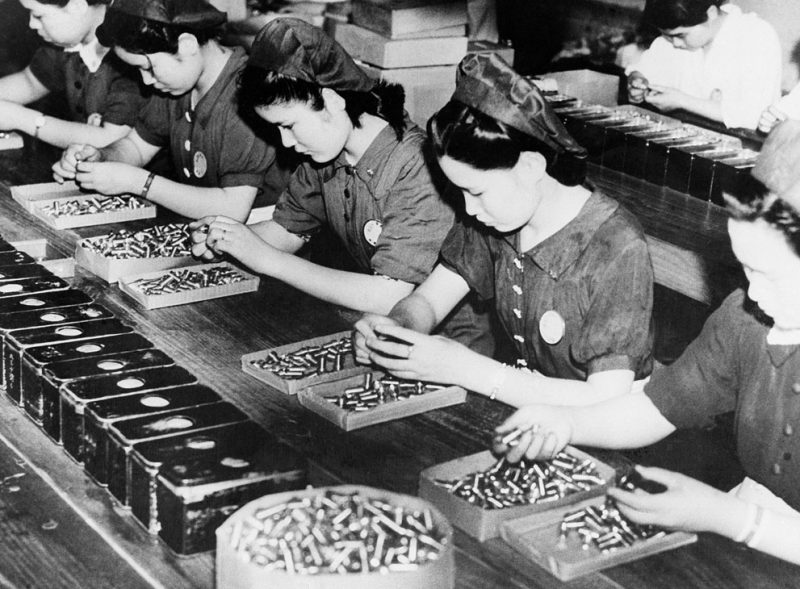In October 2018, South Korea’s Supreme Court handed down a landmark ruling where it upheld a court order passed down in 2013, instructing the Nippon Steel & Sumitomo Metal Corporation to pay compensation to four South Korean workers that were forced into labor during World War II.
Japan declared the verdict to be “unthinkable” and expressed a concern that the judgment would endanger the cooperative agreement that Japan and South Korea have concerning North Korea.
In 2013, a lower court in South Korea ordered the steel giants to pay each of four steelworkers the sum of 100 million won ($87,700). The four plaintiffs had instituted the court action in 2005, seeking unpaid wages and compensation for forced slave labor.
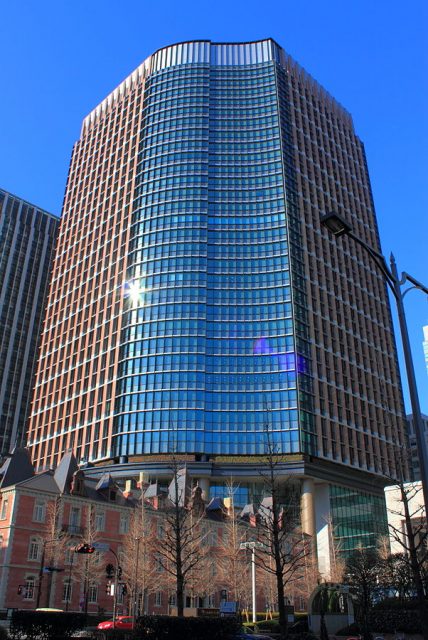
The Yonhap news agency reported that South Korea’s Supreme Court had upheld the lower court’s ruling, stating that the workers’ right to recompense was not automatically terminated by a treaty which was signed in 1965 and which normalized diplomatic ties between Japan and South Korea.
The Japanese courts and government are of the opinion that this treaty did negate any and all claims by South Korean residents to compensation for alleged WWII atrocities.
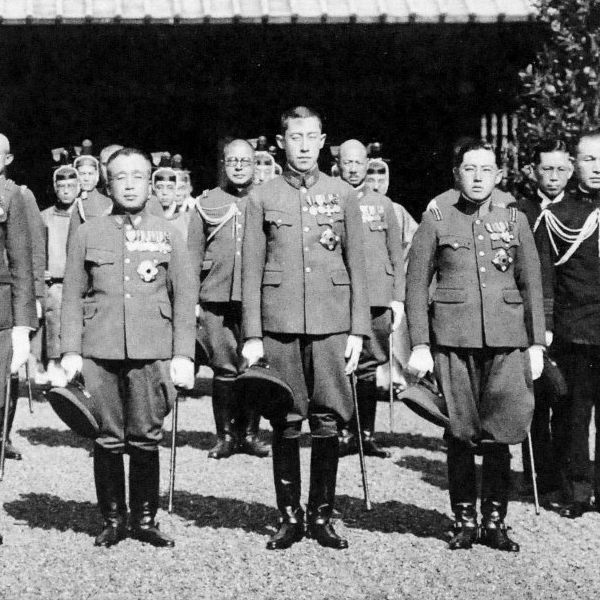
The only surviving plaintiff, Lee Choon-Shik, aged 94, said in a televised news conference that he welcomed the ruling and that it was heartbreaking to see, being the only person left alive to hear the verdict in person.
The history between Japan and South Korea has been littered with bitter moments, including the occupation of the South Korean peninsula by Japan from 1910 to 1945 as well as the enforced prostitution of many Korean women and girls who were made to work in wartime brothels under the euphemistic name of “comfort women.”
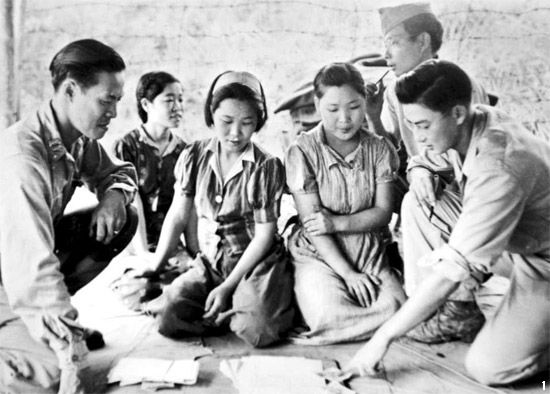
Speaking in parliament, Japanese Prime Minister, Shinzo Abe, refuted the court ruling. He stated that these matters had been dealt with and settled by the 1965 treaty. He claimed that the verdict was impossible under international law.
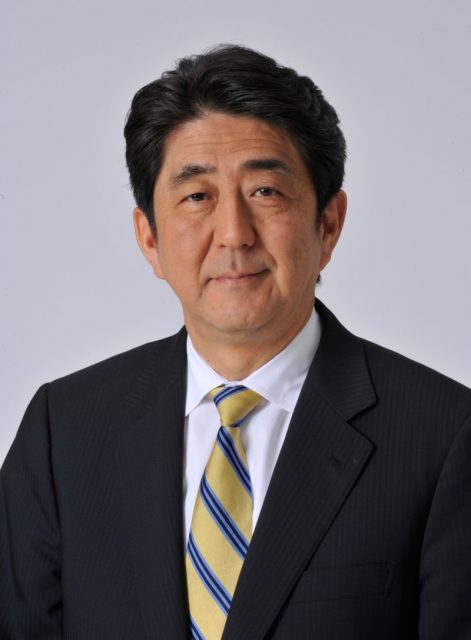
Taro Kono, the Japanese Foreign Minister, also weighed into the battle after hearing the verdict. Kono went so far as to claim that the ruling would fundamentally overturn the 1965 treaty and would destroy the legal basis for the friendship between the two countries.
Kono did state at a news conference that he hoped that South Korea would not allow the matter to affect the cooperative agreements between the two countries in trying to deal with the North Korean nuclear program.
Nippon Steel issued a press release stating that the judgment was deeply regrettable.
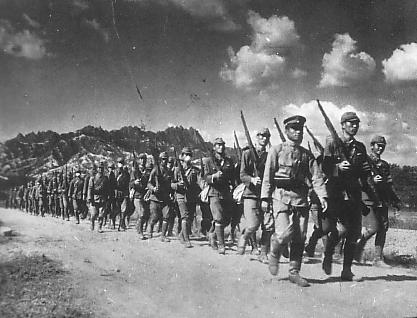
Far-Reaching Consequences
This ruling could well have far-reaching consequences if no suitable solution is found.
Kotaro Nogami, the Japanese Deputy Chief Cabinet Secretary, said at a news conference that if there was no quick response from Seoul, the Japanese government would have to consider all available options, including international arbitration.
Officials and experts in Seoul are also concerned by the court’s ruling, as they fear the damage that it could cause to Japanese-South Korean relations.
In 2012, Nippon Steel merged with Sumitomo Metal Industries. It argued that this modern company could not be held responsible for actions taken during WWII.
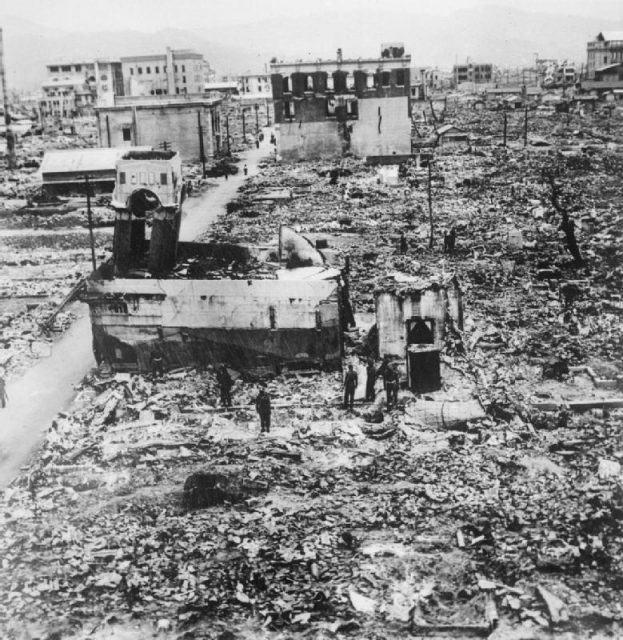
However, if Nippon Steel does not come forward with the compensation, the plaintiffs can request that assets of Nippon Steel in South Korea be seized. If this happens, it could prompt the exit of other Japanese companies from South Korea, a loss of investment, and a flare-up of anti-Japanese sentiment.
The foreign ministry in South Korea said that they were working with their Japanese counterparts to stop the issue damaging ties between the two countries.
Others could follow suit
If the ruling stands and the compensation is paid, it paves the way for others who survived atrocities perpetrated during WWII seeking redress. These could include forced laborers, comfort women, and survivors of the atomic bombings in Japan.
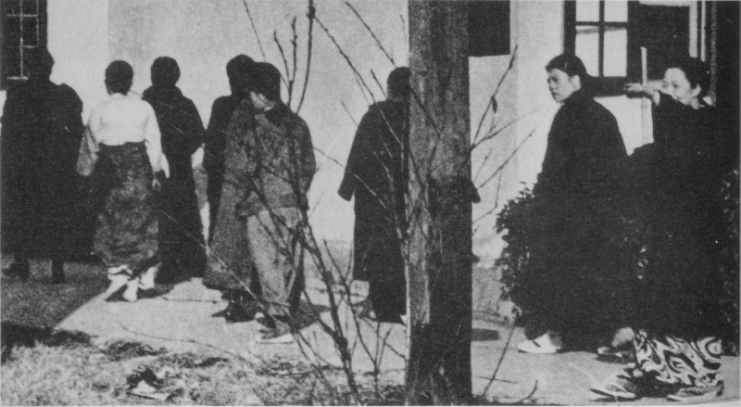
Currently, 14 similar court actions are pending against companies such as Mitsui Mining and Smelting Co Ltd, and Mitsubishi Heavy Industries.
In 2012, a panel that was endorsed by the South Korean government formalized a list of 299 companies that had been involved in perpetrating atrocities against the South Korean people during WWII.
Jin Chang-soo, a senior fellow at the Sejong Institute think tank in Seoul, said that Japan could take the ruling for international arbitration at the International Court of Justice, even though South Korea is not a member of the court.
He went on to say that it was significant that the Supreme Court upheld the 2012 ruling that the occupation of South Korea by Japan was illegal.
Read another story from us: The End of the Rising Sun – The Japanese Surrender in Color
He concluded that the 1965 treaty had been used as the basis for ties between the two countries since its signing and this court decision would strain those ties. It would raise issues of trust, lead to economic uncertainty in South Korea, and could impact on the work being done between the two countries over the North Korean nuclear issue.
